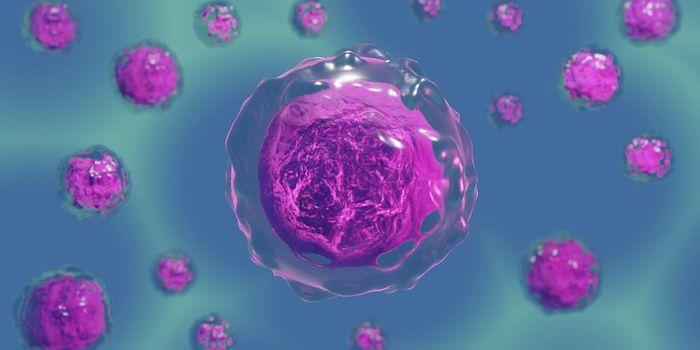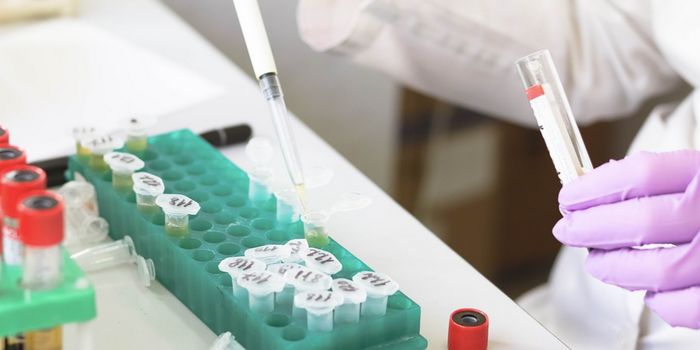A Blood Test for Predicting if You'll Live to 100
In 2012, a United Nations report estimated that there are over 316,000 people worldwide over the age of 100. What’s their secret? And do these centenarians hold biological secrets linked to their long lives?
In a Nature Aging report, researchers detail their discovery of a protein produced in brain cells that could represent a biomarker for long life. The research team was led by Mathias Jucker at the University of Tübingen in Germany.
In the study, Jucker and colleagues recruited 180 individuals over 90 and a further 135 aged over 100 years old. The biomarker they identified was neurofilament light chain, or NfL. The protein is synthesized in the brain but is also found to circulate in the bloodstream.
NfL is an interesting protein—its levels are known to spike after trauma to the brain and in patients with neurodegenerative disease. When it comes to aging, the less NfL you have, the better. Lower NfL levels were found to correlate with survival and were a better predictor of mortality than the currently used measures of activity levels and cognitive functioning.
This relationship between NfL levels and health outcomes leading to a longer lifespan was observed in both men and women. It was even mirrored in experimental mouse models of aging. Mice with a restricted-calorie diet had lower NfL levels, which also corresponded to a longer life than mice with an unrestricted diet.
While the study offers valuable insights into a potential clinical measure for managing senior health, the authors call for more studies to better understand the complexities underlying NfL and aging. They note that healthier centenarians tend to participate in such studies, which can skew results by excluding older adults battling health issues.
Source: Nature Aging.









